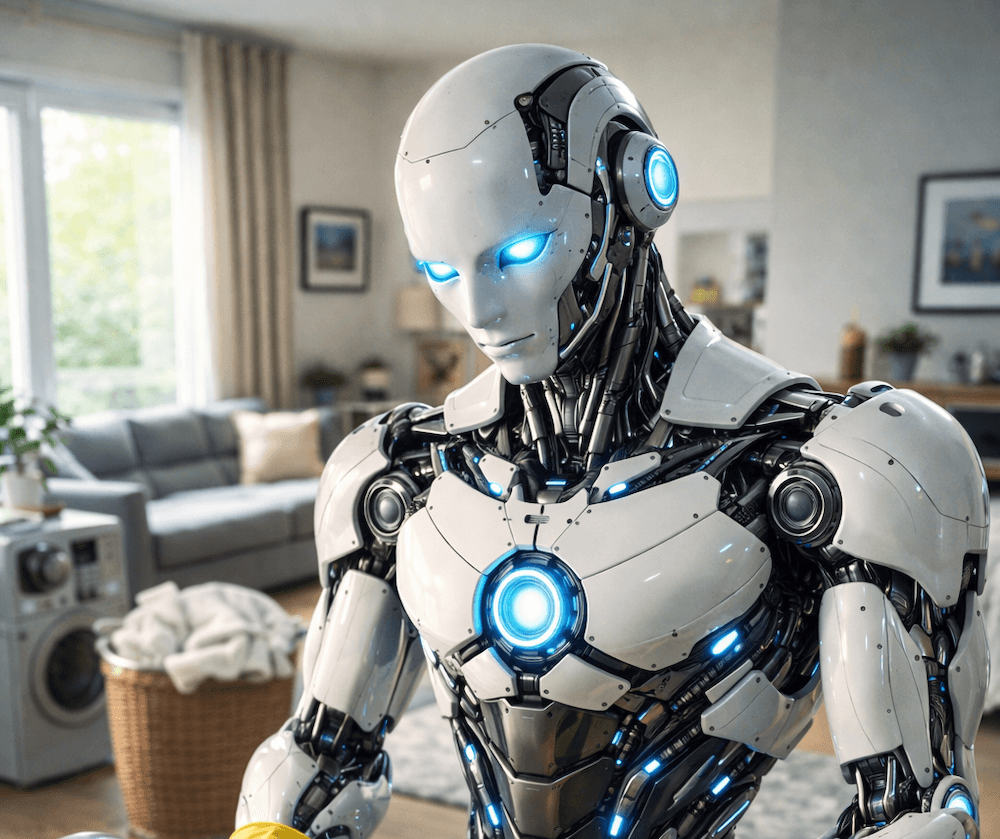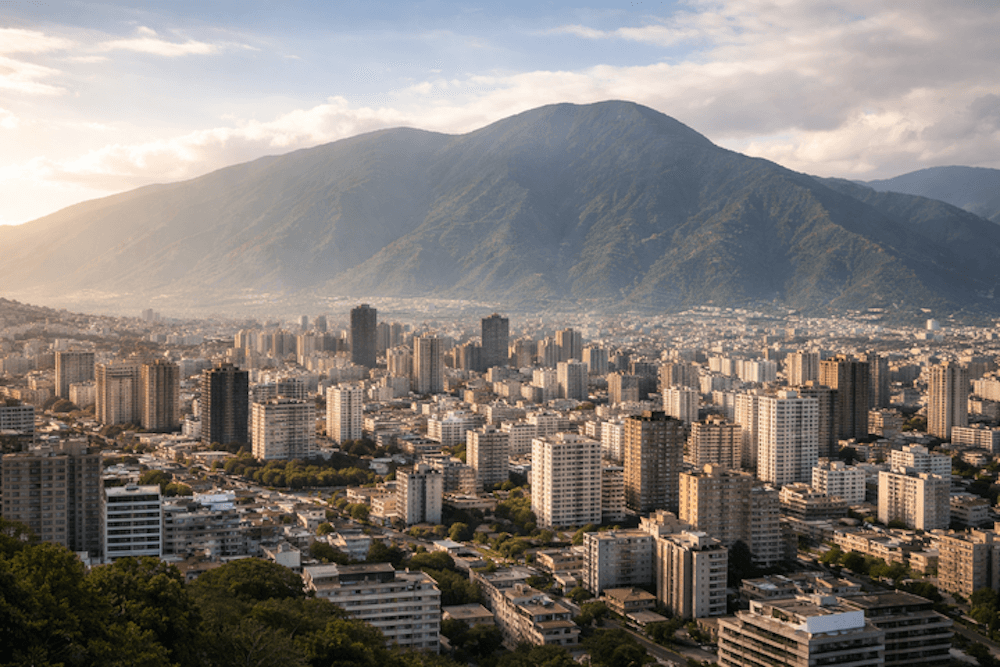
Posted September 11, 2023
By Matt Insley
your LIBERTY is not SAFE
On Aug. 30, gun safe manufacturer Liberty Safe surrendered the access code for a customer’s personal safe to the FBI.
“The safe in question was owned by Nathan Hughes of Fayetteville, Arkansas. The FBI has charged Hughes” — who was also arrested on Aug. 30 — “with nonviolent offenses for his presence at the Capitol protest on Jan. 6, 2021,” The Maine Wire says.
According to the DOJ, Mr. Hughes’ charges include “a felony offense of civil disorder. In addition to the… misdemeanor offenses of entering and remaining in a restricted building or grounds, disorderly and disruptive conduct in a restricted building or grounds and impeding passage through the Capitol grounds or buildings.”
From which, we extrapolate, Mr. Hughes’ charges were not gun-related.
“Rather than wait for a court order to compel [Liberty Safe] to turn over the access codes,” The Maine Wire notes, “the company reviewed the warrant and voluntarily released their customer’s information.”
You might remember a similar case in 2016 when the feds had an uphill battle getting iPhone passcodes from mega corporation, Apple — for iPhones belonging to actual domestic terrorists.
At the time, CEO Tim Cook said Apple would “[challenge] the FBI’s demands” and that it would be “in the best interest of everyone to step back and consider the implications.”
We applaud Mr. Cook’s defense of Americans’ privacy. On the other hand, Liberty Safe folded like a cheap suit.
We mention Liberty Safe today, on September 11 — especially in light of the upcoming twenty-second anniversary of the USA Patriot Act which sailed through Congress with just one dissenting vote from former Senator Russ Feingold (D-WI).
Reader, we value your opinion: What do you think of Liberty Safe’s compliance with the FBI’s demands? In advance, thank you for sharing!
Now, keep reading for the latest on the world’s largest company…
Send your opinions to, feedback@newsyoucanacton.com
Your Rundown for Monday, September 11, 2023...
Beijing’s Apple Ban
Beijing is banning Apple products — for instance, iPhones, Apple watches and AirPods — for central government employees at work; plus, we learned last week the ban is expanding to include some 56 million employees of state-owned companies.
Although Apple has been shifting manufacturing away from China — to countries including India and Vietnam — “Apple production remains centered in China, with about 90% of its products made in the country,” The Guardian notes.
Not only that, China is Apple’s third-largest customer, accounting for 19% of Apple’s overall revenue.
[Apple’s CEO is a shapeshifter: Unlike Mr. Cook’s defense of American civil liberties in 2016, Apple “has historically been happy to comply with Beijing’s demands for control, such as by removing virtual private networks, or VPNs, from its Chinese iOS store to prevent users from evading internet censorship,” says Al Jazeera.]
“The iPhone is still Apple’s largest business, accounting for 52% of revenue,” The Wall Street Journal says “That ironically makes Apple a relatively easy target in the economic war between the U.S. and China.”
A reality that dawned on Apple shareholders last week, with AAPL stock down about 7%... representing a loss close to $200 million in market cap.
Still, for Beijing, it’s a balancing act. “China has at least some interest in not overly harming a major local employer during a time of growing unemployment,” WSJ says.
But the timing of Beijing’s Apple ban is interesting.
“Beijing has ramped up efforts to lessen its dependence on foreign technology and prop up domestic companies, including Shenzhen-based Huawei, whose new $1,200 Mate 60 Pro smartphone” — released on August 30 — has been described by tech analysts as giving the iPhone a run for its money,” Al Jazeera notes.
“Washington has… banned U.S. companies from doing business with numerous Chinese tech firms, including Huawei, and restricted U.S. chipmakers from selling China advanced technology.
“The release of the Mate 60 Pro, which is powered by the advanced Kirin 9000s processor, has raised questions about the effectiveness of these export controls.”
Digging a little deeper, the chips powering the Mate 60 Pro were actually manufactured by South Korean company SK Hynix.
Which is mysterious since a SK Hynix spokesperson says: “SK Hynix is strictly abiding by the U.S. government's export restrictions” and “no longer does business with Huawei since the introduction of the U.S. restrictions against the company.”
No doubt, the U.S. government will hold hearings on the matter… In the meantime, the fate of U.S. companies doing business in and with China is more and more uncertain. Look for U.S. corporations to expedite plans to shift manufacturing out of China.
Market Rundown for Monday, Sept. 11, 2023
The S&P 500 is up 0.50% to 4,535.
Oil is up 0.30% to $87.76 for a barrel of WTI.
Gold’s up $10.50 per ounce to $1,929.20, according to Kitco.
And Bitcoin is down 0.20% to $25,670.
Send your comments and questions to, feedback@newsyoucanacton.com

Flynt & Falwell Outclass Mamdani
Posted January 16, 2026
By Matt Insley

Trump Owns Democrats Again
Posted January 14, 2026
By Matt Insley

California Killed the Middle Class
Posted January 12, 2026
By Matt Insley

Nvidia Haters Are Seething
Posted January 09, 2026
By Matt Insley

Okay, I Get Why Robots Have Two Legs
Posted January 07, 2026
By Matt Insley
